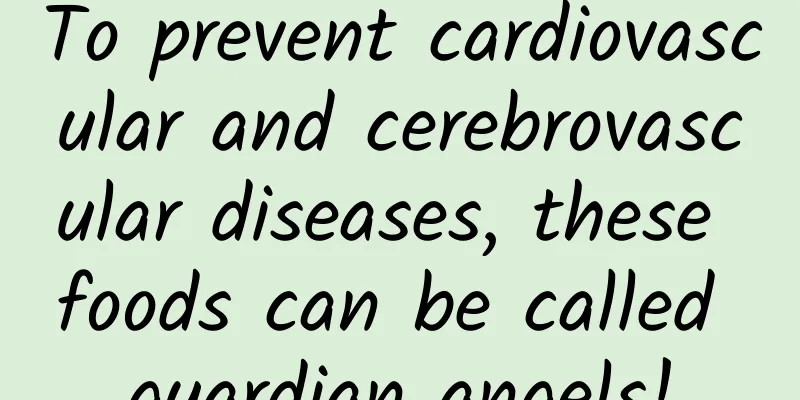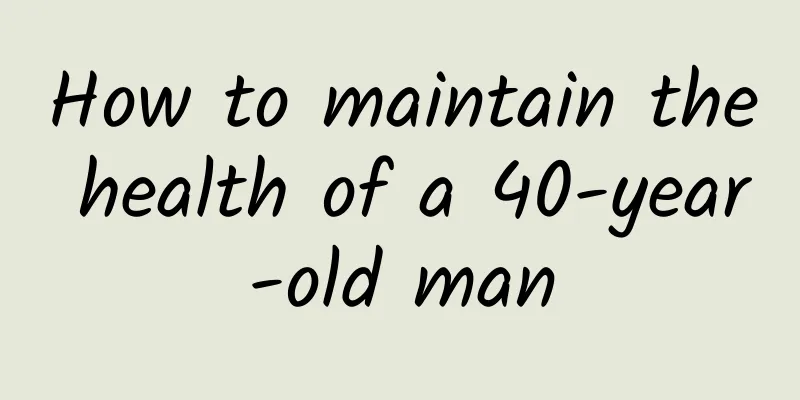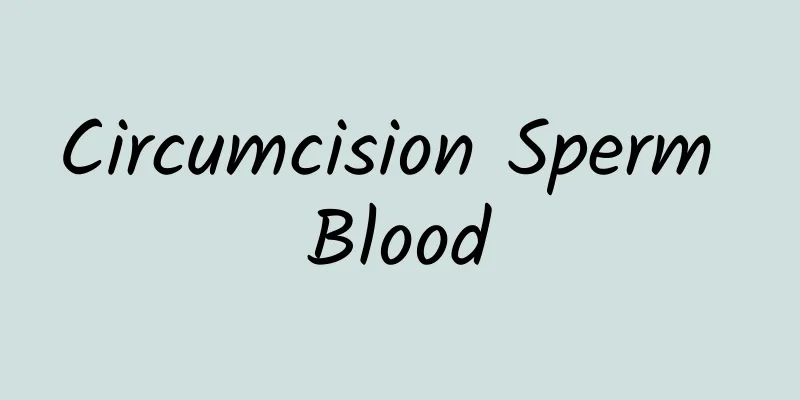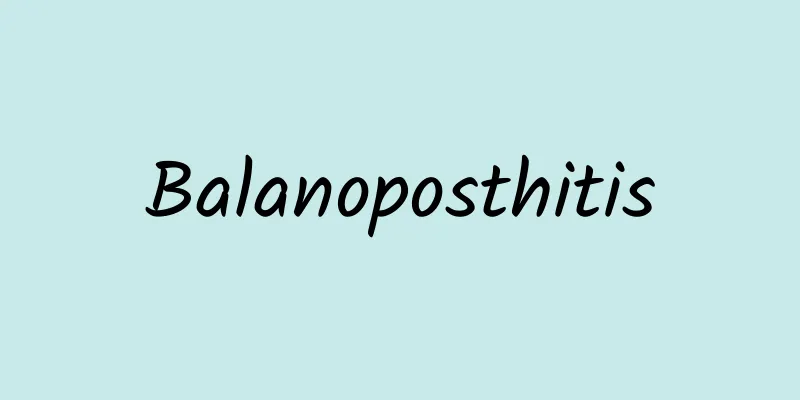To prevent cardiovascular and cerebrovascular diseases, these foods can be called guardian angels!

|
There is a saying among the people that prevention is better than cure. From its literal meaning, everyone should do a good job of disease prevention in life. In this way, if you gradually stick to it and form a habit, you can avoid some serious diseases. So, what foods should you eat to prevent cardiovascular diseases? Olive and rapeseed oils: The intake of unhealthy fats, saturated fat and trans fat, should be controlled in the diet to reduce the risk of abnormal blood lipids and coronary heart disease. We should try to control the daily intake of saturated fat and trans fat to no more than 7% and 1% of the caloric intake respectively. In terms of cooking oil, it is best to choose olive oil and rapeseed oil, and avoid butter, lard, bacon fat, cocoa butter, etc. Choose low-fat protein: Low-fat protein is more beneficial to cardiovascular health. Foods containing low-fat protein include skim or low-fat milk, yogurt and cheese, egg white, fish, skinless poultry (chicken breast, etc.), beans (soybeans and soy products, broad beans, peas, lentils, etc.) and lean meat. Eat less whole milk and its products, animal offal, egg yolk, fatty meat, ribs, sausage, hot dogs, fried foods, etc. Choose low-calorie fresh fruits and vegetables: Fruits and vegetables contain a variety of vitamins and trace elements. Eating more of them on a daily basis can prevent the occurrence of cardiovascular diseases. Try to choose fresh fruits and vegetables, and eat less coconut pulp, vegetables with cream sauce, fried or roasted vegetables, canned fruits with syrup, and candied fruits. Choose whole grains: Eat more whole grains, as they are rich in fiber and a variety of nutrients that help regulate blood pressure and maintain heart health. For example: whole wheat flour, whole wheat bread, oatmeal, brown rice, barley, buckwheat, flax seeds, etc. Eat less white bread, wafers, donuts, cookies, cakes, popcorn, puffed foods, etc. Reduce salt intake: Control salt intake. Foreign countries recommend that healthy adults should not consume more than 2.3 grams of salt per day, which is about 1 teaspoon. People over 50 years old, patients with high blood pressure, diabetes or chronic kidney disease should not consume more than 1.5 grams of salt per day. Low-salt foods include herbs and seasonings, and low-salt condiments. Eat less instant noodles, pickles, canned foods, etc. |
<<: What are cardiovascular and cerebrovascular diseases? Classification of cardiovascular diseases
>>: How to relieve prostate pain symptoms
Recommend
What Western medicine should I take for prostate hyperplasia?
Prostatic hyperplasia is a common disease in men....
How to make hot and sour pork liver, things to note when eating hot and sour pork liver
Hot and sour pork liver is a favorite food in lif...
What kind of exercise is good for prostatitis?
Male prostate, male prostate is a man's press...
Different dreams reveal your sexual desire
Spring dreams are something that both men and wom...
The corpus cavernosum of the urethra is not congested
The lack of blood congestion in the corpus cavern...
What are the methods for men to train abdominal muscles and enhance sexual performance?
There are many men who want to train their abdomi...
Symptoms of Kidney Essence Deficiency in Men
Kidney health is very important for men. Many phy...
What is perianal abscess? What are the symptoms? How to treat it?
Many people do not know what perianal abscess is,...
What should I do if my balls hurt after being hit?
When the testicles are hurt, it has a great impac...
Three exercises are effective in improving male sexual function!
Nowadays, people are under great pressure. Many m...
What causes back pain? Three causative factors!
In daily life, we are used to back pain, especial...
prostate gc
Boys have repeated prostate orgasms, a unique ple...
What are the white particles on the testicles?
The testicle refers to a part of the male reprodu...
Is weak ejaculation due to insufficient kidney qi?
The impact of impotence and premature ejaculation...
Why does sperm smell strong?
Some male friends will occasionally find that the...









